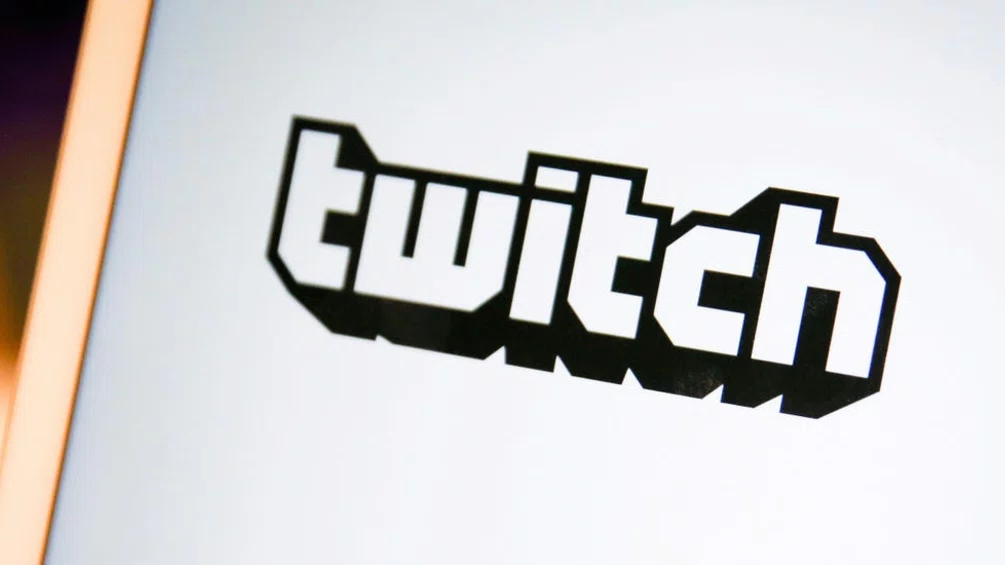
DJs who stream on Twitch may soon be required to share their earnings with record labels, Twitch CEO Dan Clancy has revealed.
Speaking in an interview with the channel TweakMusicTips, Clancy said that the streaming giant is close to signing an agreement that will introduce a new “structure” whereby both DJs and Twitch itself “have to share money with the labels”.
“It doesn’t come for free,” he continued, emphasising that Twitch will pay for a part of what labels are owed. “We’re going to split whatever the cost is.”
The CEO’s statement came as part of his response to a question regarding the current copyright situation for music streamers on the platform. He hopes that the change will prevent DJ streamers from receiving DMCA takedown requests, and allow both artists and the platform to share revenue based upon the cost associated with licensing those tracks to stream. He has reportedly already spoken to a number of DJs about the new policy.
The discussion has raised questions about how Twitch intends to monitor live music streams. Clancy suggested that Twitch will track all music played by DJs, and upon detecting copyrighted music, require the streamers to disclose the money that they earn to the relevant labels. This function will apply exclusively to DJ streams, and not live streams and videos on demand which have different sets of rules for playing copyrighted music.
Although Twitch has a content recognition system that scans VODs and clips to detect and mute copyrighted audio, Clancy suggested that DJs should mute pre-recorded videos if they want to be certain that they will not have to pay out.
Until now, Twitch has allegedly been paying money to record labels for the use of copyrighted music on the platform. Technology news site Engadget alleges that the labels have accepted this deal as they know “Twitch is working on another solution that will make them (more) money.”
“The application of this will be interesting,” streaming and tech journalist, Zach Bussey, wrote on X. “It could, if done fairly, be to the benefits of DJs in having more clarity on what they can do and how they monetize.”
Another user expressed concerns about the new system, writing: “That’s wild. DJs are still low on the money making charts for Twitch and they want to take more from us? There’s gotta be a more reasonable solution.”
Watch the full interview with Twitch CEO Dan Clancy here, and read Engadget’s full report here.
In 2020, Twitch came under fire from the RIAA and Industry Groups for “unlicensed music use.” The Amazon-owned company allegedly failed to correctly license music for its newly announced Soundtrack service, as well as “allowing and enabling its streamers to use respective members’ music without authorisation.” Twitch disputed these claims in a follow-up statement.
Last year, a 15-year-old Twitch streamer, called Crossmauz, went viral after broadcasting a number of extravagant solo bedroom raves via the platform.
Revisit DJ Mag’s feature on how electronic music producers are using Twitch to connect with fans here.
